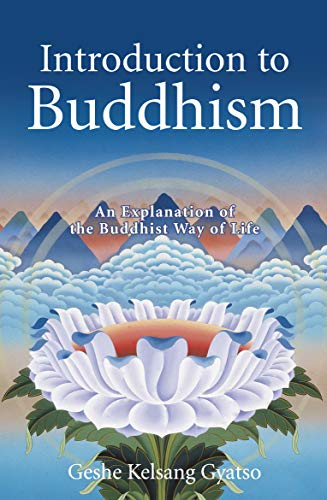
No-I, the third Sign, is a little more difficult.īuddhists do not believe that there is anything everlasting or unchangeable in human beings, no soul or self in which a stable sense of 'I' might anchor itself. Happiness is subject to the law of change and impermanence. Buddhists do believe that there is happiness in life, but know that it does not last and that even in the most fortunate of lives there is suffering. However, it does not follow that Buddhists believe that life is all suffering. Dukkha implies the generally unsatisfactory and imperfect nature of life. We ourselves are not the same people, either physically, emotionally or mentally, that we were ten years - or even ten minutes ago! Living as we do, then, as shifting beings upon shifting sands, it is not possible for us to find lasting security.Īs regards the second Sign, we have already seen how it was the experience of Suffering that sent the Buddha off on his great spiritual quest, though suffering is not a very good translation of the original word, dukkha. The first, Change, points out the basic fact that nothing in the world is fixed or permanent. This important doctrine teaches the interconnectedness of all things and in particular the law of Karma and the mechanism by which we create a world of suffering for ourselves and others, and the opposite the way to live that reduces suffering for all, and leads to liberation. In the Buddha's words: 'Suffering I teach and the way out of suffering.' Fundamental Buddhist doctrines include the following: The Chain of Causation / The Twelve linked Chain of Causation Suffering may only be overcome, however, by being confronted and lived through. It is by living in accordance with this Law that true Wisdom and Compassion and hence freedom from suffering may be achieved. He pointed to a great Law or Dharma running through everything that exists.

The Buddha did not teach that a God created the Universe. Through his own efforts he was able to find the way out of suffering to liberation, and those that have followed him have kept that way open. He 'rediscovered an ancient way to an ancient city' that had been covered up and forgotten. A remarkable human being, who discovered a way of achieving true wisdom, compassion and freedom from suffering. He was, as we have seen, one who was born, lived and died a human being. He was not a god, a prophet or any kind of supernatural being. There had been others who had walked the way before him. The historical Buddha Gautama was not the first Buddha. The historical Buddha was however a man like any other, but an exceptional one what he rediscovered was a way that anyone can walk, providing that they are so inclined. He is a man who has woken fully, as if from a deep sleep, to discover that suffering, like a dream, is over. The word Buddha means The Awakened One, coming from the Sanskrit root budh – 'to wake'. Open Training Day for Religious Education In Primary Schools.Statement in Response to Protests Against HH The Dalai Lama.Shantideva's Guide to the Bodhisattva's Way of Life by H.E.


Lunchtime Meditation - 6th Dec 2021 12.40pm.Coming Home in Daily Life - Sunday Morning Meditation - 5th Dec 2021 10.00am.Lunchtime Meditation - 3rd Dec 2021 12.40pm.Tibetan Buddhism Class - 2nd Dec 2021 6.30pm.Introducing Sanskrit Course - Bodhicharyavatara 12.30pm-1.45pm - 2nd Dec 2021 12.30pm.



 0 kommentar(er)
0 kommentar(er)
